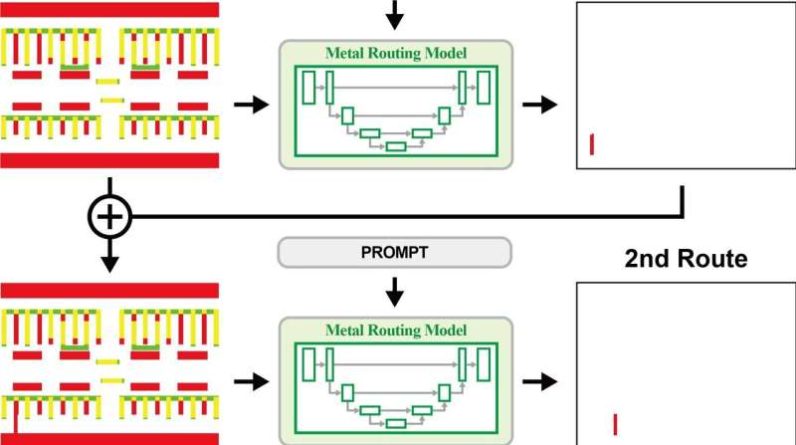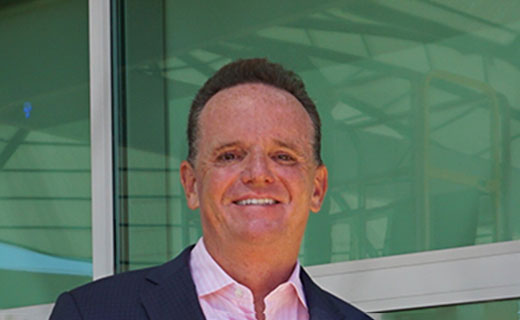The International Longshoremen’s Association (ILA) and International Dockworkers Council (IDC) are teaming up to get laborers at global ports on the same page over how to handle automation.
The labor groups say they are inviting all maritime unions worldwide to the People Over Profit: Anti-Automation Conference, which will be held Nov. 5-6 in Lisbon.
More from Sourcing Journal
In a letter, ILA executive vice president Dennis Daggett said the summit was organized to bring to dockworkers, seafarers, tugboat workers, marine engineers, master mates, pilots and all other maritime labor leaders in one place to “collectively strategize, share experiences and strengthen our united front” against increasing automation.
“This is not a blue-collar problem. It is a working-class crisis, threatening both white- and blue-collar livelihoods,” said Daggett in the letter, posted Wednesday. “Whether you work in a crane cab or at a terminal console, the risks are the same. And so is the responsibility to act.”
Invited maritime unions are expected to confirm their attendance and the total number of expected delegates by Aug. 1, according to a letter from the IDC. The IDC comprises 92 organizations from 41 countries and has over 100,000 affiliated members.
Automation was the top sticking point in the ILA’s contract negotiations with the United States Maritime Alliance (USMX), before the parties agreed to a new six-year deal. That contentious labor battle resulted in a three-day strike across East and Gulf Coast ports from Maine to Texas at the start of last October.
Last June, the ILA called off master contract talks due to the use of an automated gate system at the Port of Mobile. The gate enables trucks to enter and exit a terminal and be autonomously processed without ILA labor.
The union didn’t resume negotiations with the USMX until the strike occurred months later.
One month after the strike took place, the ILA broke off negotiations again due to disagreements over technologies like rail-mounted gantry cranes (RMGs) at the Port of New York and New Jersey and the Port of Virginia.
But with a tentative deal put in place by January, which averted a second strike, the union of 45,000 dockworkers got some reprieve on automation—at least enough to maintain a certain number of jobs.
While the union never shared the specific on the automation protections outlined within the contract, or how hiring practices and technology and automation deployments will complement each other, reports surfaced that the ILA’s members were assured that more workers would be hired that would complement any specific equipment being added.
Last September, ILA president Harold Daggett alluded to the union’s desire to form a global dockworker alliance with every longshore union worldwide in an effort to combat the growth of automation at global ports.
“We’re going to get all the unions around the world to meet in Portugal,” he said, in the first indicator that such a meetup was planned.
At the time, the comments, relayed on video, were seen as a negotiation tactic to put pressure on USMX member ocean carriers like Mediterranean Shipping Company and Maersk.
“Automation is creeping into every sector, little by little, industry by industry, while global corporations hide behind words like efficiency and progress,” The younger Daggett said in his letter. “They are also pushing job-killing automation under the guise of safety. But what they are truly after is one thing only cutting labor costs.”
As the ILA’s fight against automation persists, other industries indeed are witnessing the impacts that artificial intelligence (AI) technologies can have on employment.
Elsewhere in the supply chain, both UPS and FedEx are undergoing major cost-savings initiatives that involve a mass automation push within their warehouses, with the former cutting 20,000 jobs this year.
On Thursday, Indeed laid off roughly 1,300 employees at the company, as well as sister brand Glassdoor. Indeed CEO Hisayuki Idekoba sent a memo to employees, attributing the changes to AI, which he said helps people find a job every 2.2 seconds.
“AI is changing the world, and we must adapt by ensuring our product delivers truly great experiences for job seekers and employers,” Idekoba wrote in the memo. “Delivering on this ambition requires us to move faster, try new things, and fix what’s broken.”
To kick off July, Microsoft said it was cutting 9,000 more employees, or less than 4 percent of its workforce, after cutting 6,000 in May. A week after the layoffs were announced, Bloomberg reported that chief commercial officer Judson Althoff revealed Microsoft saved more than $500 million last year in its call centers alone.





